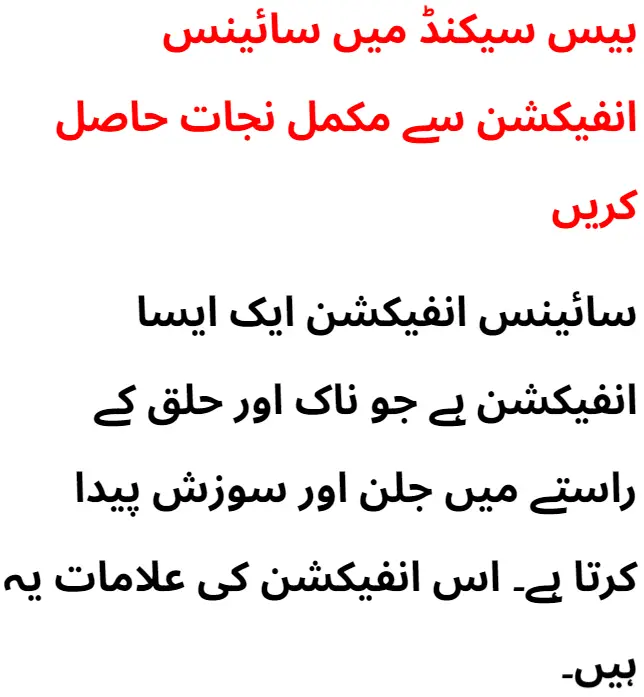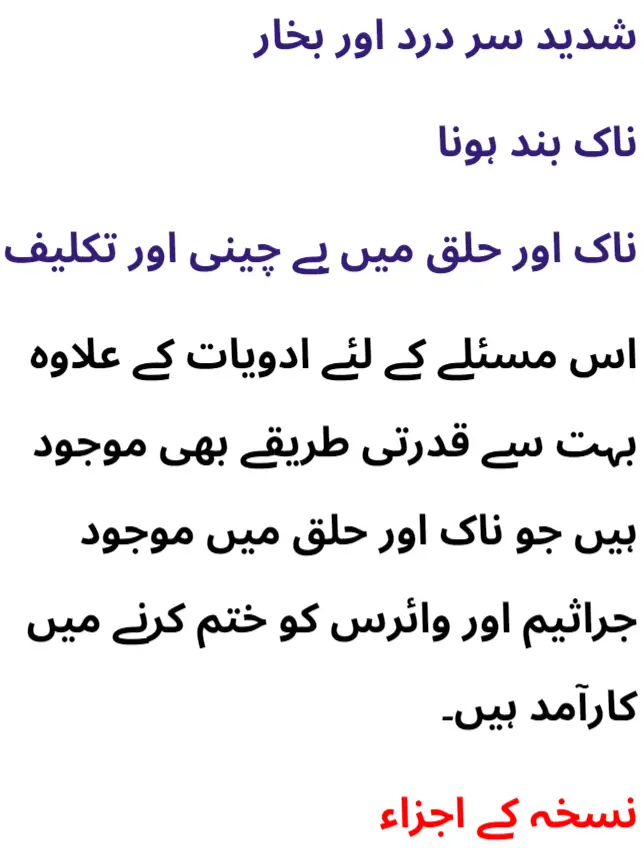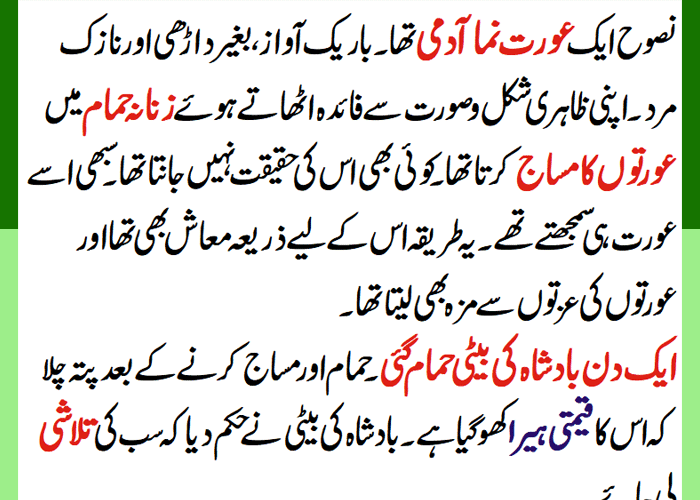Sinus infections, medically known as sinusitis, can be a discomforting experience affecting millions globally. Understanding the causes, symptoms, and treatments, including home remedies, is crucial for effective management and prevention.
Understanding Sinus Infections
Sinus infections occur when the mucous membranes in the sinuses become inflamed. This inflammation can result from various factors, leading to congestion, pain, and other symptoms.
What Causes Sinus Infections?
The causes of sinus infections are diverse, ranging from viral and bacterial infections to allergies and structural issues in the nasal passages. Understanding these factors is vital for effective prevention.
Types of Sinus Infections
Sinus infections can manifest in different forms, categorized based on their duration and severity. Exploring these types provides insights into the varied nature of sinus issues.
Exploring Different Symptoms
Symptoms of sinus infections can vary, making it essential to identify specific indicators. Recognizing these symptoms early can facilitate prompt and appropriate treatment.




Importance of Early Detection
Early detection of sinus infections is key to preventing complications. Recognizing the signs and seeking medical advice promptly can make a significant difference in the overall outcome.
Seeking Medical Advice
Consulting a healthcare professional is crucial for accurate diagnosis and tailored treatment plans. Understanding when to seek medical advice is essential for effective management.
Home Remedies for Sinus Infections
While medical intervention is often necessary, home remedies can complement treatment. Exploring natural approaches can provide relief and support overall sinus health.
Natural Approaches to Alleviate Symptoms
From steam inhalation to saline nasal irrigation, incorporating these home remedies into your routine can ease symptoms and promote faster recovery.
Medications for Sinus Infections
Pharmaceutical solutions play a vital role in treating sinus infections. Understanding the available medications and their proper usage is essential for effective management.
Over-the-Counter and Prescription Medications
From decongestants to antibiotics, knowing when and how to use these medications is crucial for addressing sinus infections effectively.
Lifestyle Changes for Prevention
Preventing sinus infections involves adopting lifestyle changes that support sinus health in the long run. Exploring these strategies can contribute to overall well-being.
Long-term Strategies for Sinus Health
Maintaining good hygiene, staying hydrated, and avoiding environmental triggers are key components of a holistic approach to preventing sinus infections.
Common Misconceptions
Dispelling myths surrounding sinus infections is essential for promoting accurate information and encouraging effective preventive measures.
Debunking Myths Surrounding Sinus Infections
Separating fact from fiction regarding the causes and treatments of sinus infections can empower individuals to make informed decisions about their health.
Impact of Diet on Sinus Health
Nutritional choices play a role in sinus health. Understanding the impact of diet on inflammation and immune function can contribute to overall well-being.
Nutritional Choices for Better Well-being
Incorporating anti-inflammatory foods and maintaining a balanced diet can support the body in preventing and managing sinus infections.
Sinus Infections and Seasonal Changes
Seasonal shifts can exacerbate sinus issues. Adapting to environmental changes and taking proactive measures can help minimize the impact on sinus health.
Adapting to Environmental Shifts
From adjusting indoor humidity levels to managing outdoor exposure, understanding seasonal triggers is crucial for preventing sinus infections.
The Role of Hydration
Staying hydrated is a simple yet effective way to support sinus health. Adequate water intake helps maintain mucous membrane function and prevent congestion.
Importance of Staying Hydrated
Incorporating sufficient fluids into your daily routine is a proactive measure for preventing sinus infections and promoting overall health.
Stress Management Techniques
Stress can act as a trigger for sinus infections. Exploring stress management techniques can contribute to a holistic approach to sinus health.
Recognizing Stress as a Trigger
Understanding the connection between stress and sinus infections empowers individuals to implement stress-reducing practices in their daily lives.
Pediatric Sinus Infections
Children can also experience sinus infections, requiring specific attention and care. Recognizing and treating sinus issues in children is crucial for their well-being.
Identifying Symptoms in Children
Observing signs of sinus infections in children and seeking appropriate medical attention is essential for effective management.
Sinus Infections and Allergies
Allergies can contribute to sinus issues. Exploring the connection between sinus infections and allergies provides valuable insights for preventive measures.
Understanding the Connection
Addressing underlying allergies is integral to preventing recurrent sinus infections. Identifying and managing allergy triggers can significantly impact sinus health.
Professional Treatments
In some cases, professional intervention is necessary. Consulting with Ear, Nose, and Throat (ENT) specialists can provide specialized insights and treatment options.
Consultation with ENT Specialists
Specialized medical advice ensures accurate diagnosis and personalized treatment plans for individuals dealing with chronic or severe sinus issues.
Balloon Sinuplasty
A modern approach to sinus treatment, balloon sinuplasty is a minimally invasive procedure that can provide relief for individuals with chronic sinusitis.
Exploring Minimally Invasive Options
Understanding innovative treatments like balloon sinuplasty expands the array of options available for managing sinus infections.
Surgical Interventions
In severe cases, surgical interventions may be considered. Exploring






